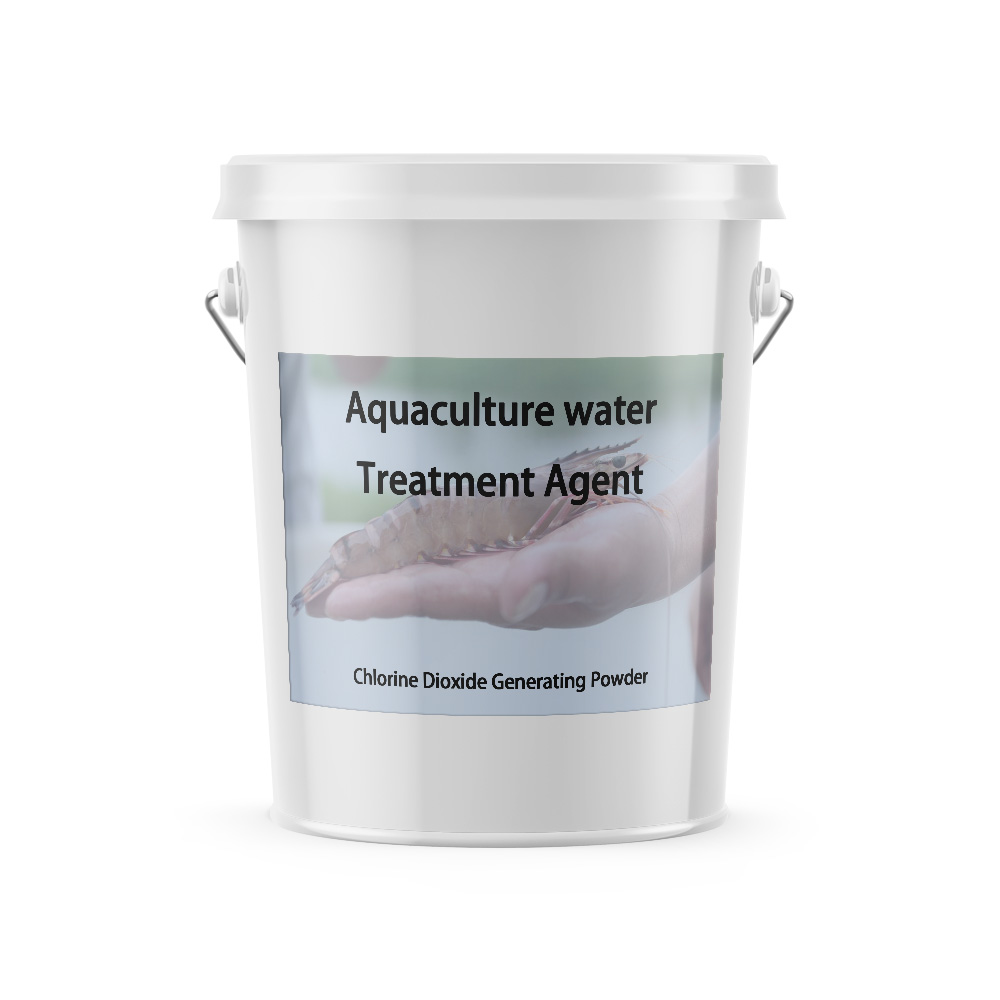



Understanding the Benefits and Uses of Monopotassium Phosphate in Agriculture
The Importance of Monopotassium Phosphate in Agriculture
Monopotassium phosphate (MKP), a key compound in agricultural practices, plays a crucial role in enhancing crop productivity and sustainability. This nutrient, a combination of potassium and phosphorus, is highly soluble in water and readily absorbed by plants, making it an essential ingredient in fertilizers.
What is Monopotassium Phosphate?
Monopotassium phosphate, with the chemical formula KH2PO4, is a potassium salt of phosphoric acid. It contains approximately 22% phosphorus (P2O5) and 28% potassium (K2O), making it an ideal source of these crucial nutrients required for optimal plant growth. MKP is known for its high solubility and mobility within plants, which facilitates efficient nutrient uptake when applied correctly.
Benefits of Monopotassium Phosphate
1. Enhanced Nutrient Uptake MKP is excellent for improving the nutrient uptake in plants. Its water-soluble properties ensure that plants can absorb potassium and phosphorus rapidly, especially during critical growth stages such as flowering and fruiting. This is particularly important in environments where soil deficiencies may exist.
2. Promotes Root Development The phosphorus in MKP is vital for root development. A strong root system is foundational for healthy plants, allowing them to access water and nutrients more effectively. This aspect is especially beneficial in the early stages of plant growth, where establishing a robust root system can determine overall plant health.
3. Improves Flowering and Fruiting MKP is known to boost flowering and fruiting in various crops. The balance of potassium and phosphorus supports the synthesis of essential oils, sugars, and other compounds that enhance the flavor and quality of fruits and flowers. This characteristic makes MKP particularly popular among horticulturists and farmers of fruit-bearing plants.
monopotassium fosfat

4. Stress Resistance Plants treated with MKP exhibit increased tolerance to environmental stress, such as drought and extreme temperatures. Potassium plays a crucial role in regulating water uptake and transpiration, allowing plants to maintain hydration levels better during stressful conditions. Additionally, phosphorus contributes to energy transfer and storage, aiding in overall plant resilience.
5. Compatibility with Other Nutrients MKP can be easily blended with other fertilizers, making it a versatile choice for nutrient management. It is compatible with many micronutrients and can be included in fertigation setups (applying fertilizers via irrigation systems) to optimize nutrient delivery throughout the growing season.
Application Methods
Monopotassium phosphate can be applied in several ways, depending on the specific needs of the crops and the agricultural practices in use.
- Soil Application MKP can be applied directly to the soil as a granular fertilizer. This method is effective for delivering nutrients during the planting phase. - Foliar Sprays Applying MKP as a foliar spray allows for quick nutrient uptake, particularly useful during critical growth phases or when plants show signs of nutrient deficiency.
- Fertigation For those using drip irrigation systems, MKP can be dissolved in water and delivered directly to plant roots through the irrigation system. This approach ensures that nutrients are available to plants when they need them most.
Conclusion
In conclusion, monopotassium phosphate is an invaluable resource for modern agriculture. Its ability to enhance nutrient uptake, promote root development, improve flowering and fruiting, increase stress resistance, and its compatibility with other fertilizers make it a favored choice among farmers and horticulturists alike. As the agriculture industry continues to face challenges related to soil fertility and crop production demands, the use of efficient and effective fertilizers like MKP will play a pivotal role in ensuring sustainable agricultural practices. Through its thoughtful application, growers can harness the full potential of their crops, leading to improved yields and greater sustainability in food production.
-
Why Sodium Persulfate Is Everywhere NowNewsJul.07,2025
-
Why Polyacrylamide Is in High DemandNewsJul.07,2025
-
Understanding Paint Chemicals and Their ApplicationsNewsJul.07,2025
-
Smart Use Of Mining ChemicalsNewsJul.07,2025
-
Practical Uses of Potassium MonopersulfateNewsJul.07,2025
-
Agrochemicals In Real FarmingNewsJul.07,2025
-
Sodium Chlorite Hot UsesNewsJul.01,2025










